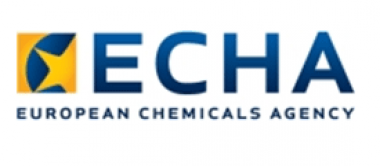Epson auf der FESPA: Personalisierte Materialien und nachhaltiger Textildruck
Epson präsentiert auf seinem Stand in Berlin auf der FESPA 2025 seine neuesten Drucklösungen. Der Fokus liegt auf der Präsentation nachhaltiger Drucktechnologien und von Lösungen für die Produktion personalisierter Materialien.
Highlights am Epson Stand kommen auch aus den Bereichen Textildruck und Dye-Sublimationsdruck:
Textildruck und Dye-Sublimationsdruck:
- SureColor F9500H: Dieser Dye-Sublimationsdrucker (64 Zoll, 162,6 cm) wurde speziell für den Druck auf Textilien entwickelt. Er löst die Modelle SureColor F9400 und F9400H ab und bietet im Vergleich zu diesen eine höhere Benutzerfreundlichkeit und eine nochmals verbesserte Bildqualität. Mit seinem kompakten, über 300 mm flacheren Design und einem größeren PrecisionCore MicroTFP-Druckkopf steigert er zudem die Produktivität um bis zu 30 Prozent im 4C-Modus.
- SureColor G6000: Der SC-G6000 ist der erste Epson Drucker für den DTFilm-Markt (Direct-to-Film). Dieser Rolle-zu-Rolle-Drucker bildet eine gute Alternative zu bestehenden Modellen. Er verfügt über ein automatisch arbeitendes Reinigungssystem, sodass nur ein geringer manueller Wartungsaufwand nötig ist. Auch dies macht ihn zu einer guten Wahl für eine effiziente Großserienproduktion.
Nachhaltige Mode:
Epson engagiert sich auch im Textildrucksektor für nachhaltige Produktionsmethoden. So stellt der Hersteller dieses Jahr exemplarisch einige Beispiele von Monna Lisa Drucken (Direktdruck) auf Stoff aus. Auf dem Stand wird ebenfalls gezeigt, wie Drucktechnologie von Epson zu nachhaltigen Produktionsabläufen beitragen kann. Beispielhaft werden Modeartikel gezeigt, die mit einem Epson Monna Lisa 13000 Drucker mit Pigmenttinten hergestellt wurden. Im Vergleich zu analogen Verfahren lässt sich mit dieser Drucktechnologie der Wasserverbrauch um bis zu 97 Prozent senken.
Epson Deutschland GmbH

































